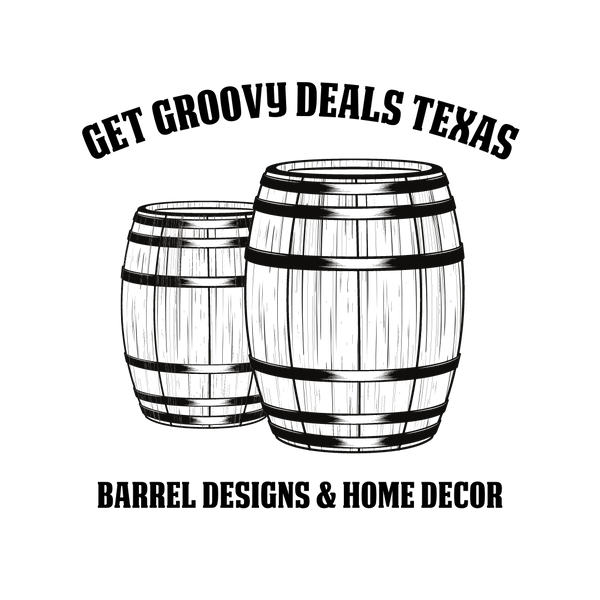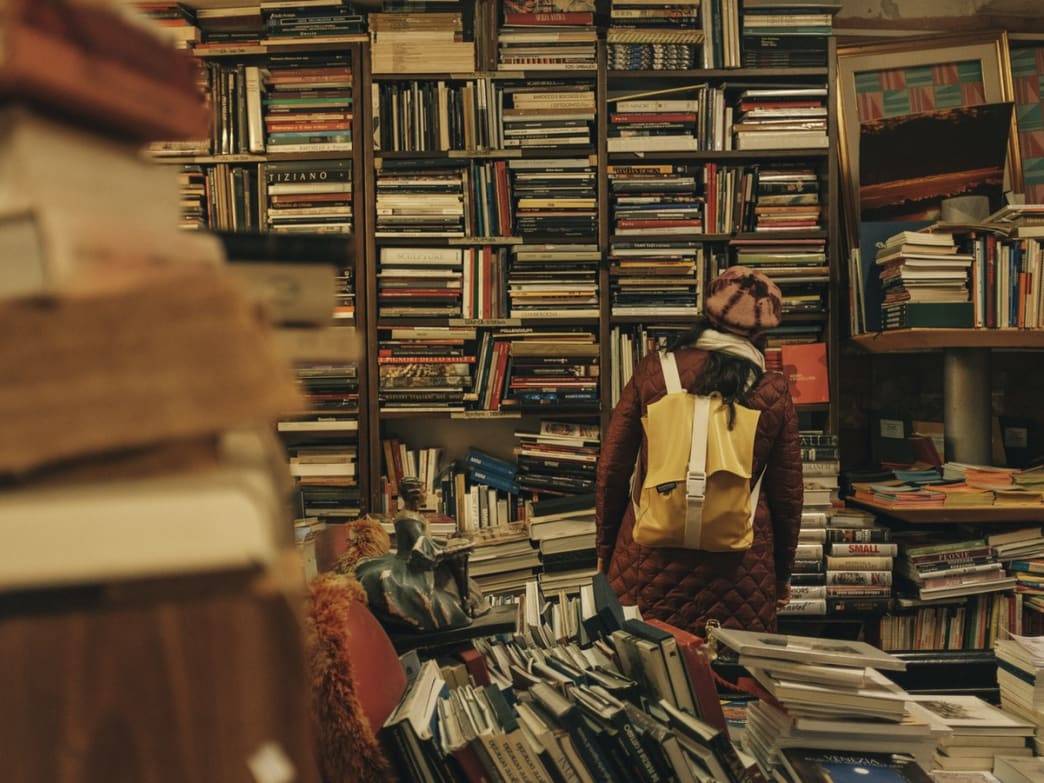Last week, I wrote on the four financial benefits that one could gain from decluttering their homes. It is amazing the power that clutter can have over our finances and mental health. Why not just throw it all away or donate it?
That's where things get tricky.
Many times our clutter is not easy to deal with because they come with baggage. The clutter in our lives is like a bad relationship we just can't shake off. Here are four types of clutter and some suggestions with how to prevent it from draining your life.
1. Acquired Stuff
Whether it is hand-me-downs from a well-meaning friend or your grandmother's leftover estate, one way clutter makes its way into our homes is via other people. Even nice gifts from others can eventually become a serious problem of clutter.
These required items do not truly feel like our stuff, which makes it harder for us to part with. There is a guilt about getting rid of something that someone gave us or that is left over from someone's life. Here are two questions to ask yourself when you are faced with the dilemma:
- Will the giver even know it's gone? If no, then get rid of it. If yes, then have a talk with them. Let them know how much you appreciate x but that it doesn't fit with your tastes/needs. Prepare yourself because there is a chance of hurt feelings. Make sure the person understands that you are in no way rejecting them and that you value them and their time. For the gift giver that keeps giving, encourage them to spend time with you or your family instead, emphasizing that you would much rather have an hour of their time than a gift.
- How else can you preserve someone's life? It can be overwhelming when a family member's death leaves you with a lot of stuff. Keep something small to remember them and choose to hang on to memories not stuff. You are in no way throwing away your loved one or their meaningful life. You are instead making room in your own life so that you can enjoy the memory of them instead of being weighed down by their stuff.
My own mother passed away suddenly two years ago, and just going in her closet was overwhelming. All of the clothes brought up vivid memories of her and I could still smell her perfume in a few pieces. My first instinct was to preserve her, keep her smell, look, and touch all locked up in one place. It just wouldn't have been healthy for me to do that – physical or mentally, though. Instead, I kept a few small pieces of jewelry of hers that always remind me of her.
2. Stuff You Spent A Lot of Money On
It can be hard to get rid of items you spent a lot of money on. For example, if you spent $1,500 for a treadmill that you never used, it might make you feel better to keep it.
Don't let the guilt of how much something cost keep you chained to an item. Simply say to yourself, "I regret wasting money on this, but now I am going to move on and make wiser choices."
3. Emotional Stuff
No parent wants their kids to grow up, but it happens and hanging on to all of their baby and kid stuff will not make your older child little again. Choose to keep a few specific and special things and get rid of the rest. Yes, you might need to drop off your donation and run to the nearest Starbucks to drink your sorrow away, but the exercise will be worth it. Instead, write down memories of your children and arrange their pictures into books. Your kids will love to have your memories as keepsakes rather than a yellowing baby dress they can't remember wearing.
4. Useful Stuff
Another category of clutter is the "useful stuff." This is all the stuff that is useful and can possibly be used one day. Why throw away something perfectly good?
I used to coupon several years ago and was able to get a lot of toiletries for free. I arranged them nicely under the sink and even moved them twice when we moved. The funny thing was that after several years, my stockpile was barely going down. I just didn't use that much shampoo and toothpaste to make having 20 of each logical. It was hard for me to let go of these items because they were useful. When I finally sold them in a yard sale, I felt better not having so much stuff under my sink.
How long have you had a certain item? If 12 months have gone by and you haven't used it yet, then the item is simply not useful to you. Try selling it or donating it instead.
Clutter comes to us for many reasons, but usually we hang on to it for only one reason – guilt. Release yourself from the guilt of having to keep certain items and free yourself from the chains clutter can have on your life.
Written by Ashley Eneriz for MoneyNing and legally licensed through the Matcha publisher network. Please direct all licensing questions to legal@getmatcha.com.






